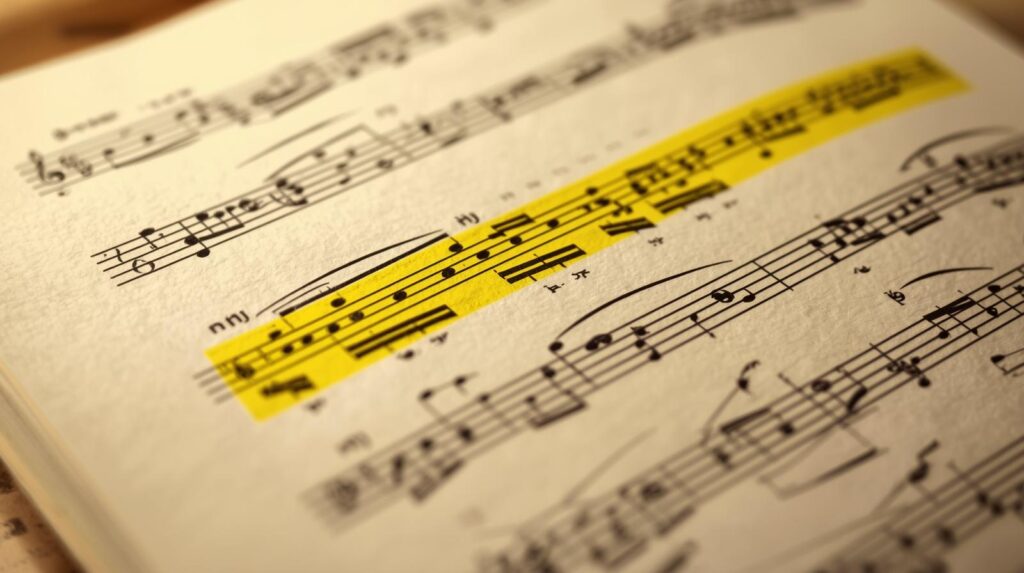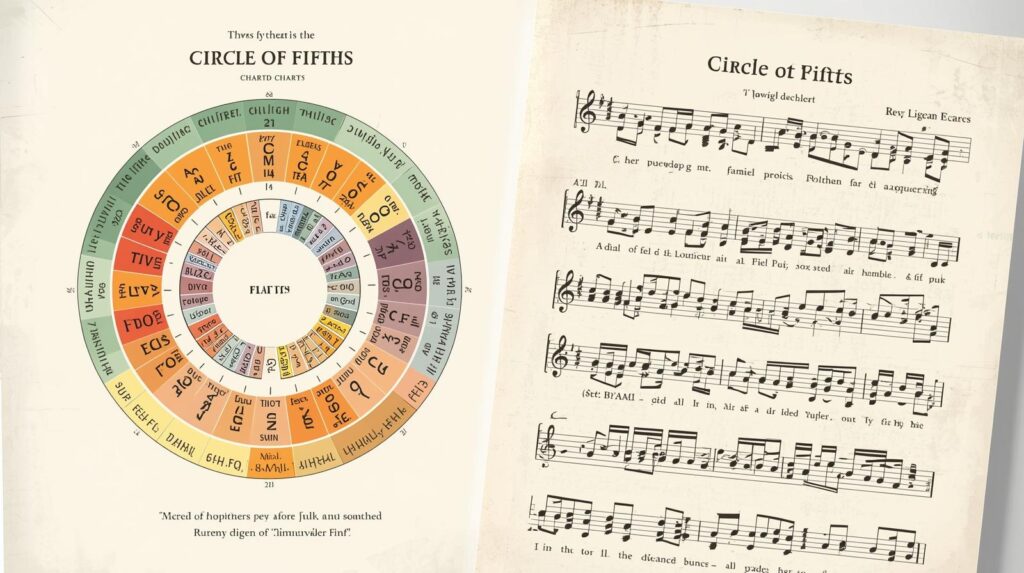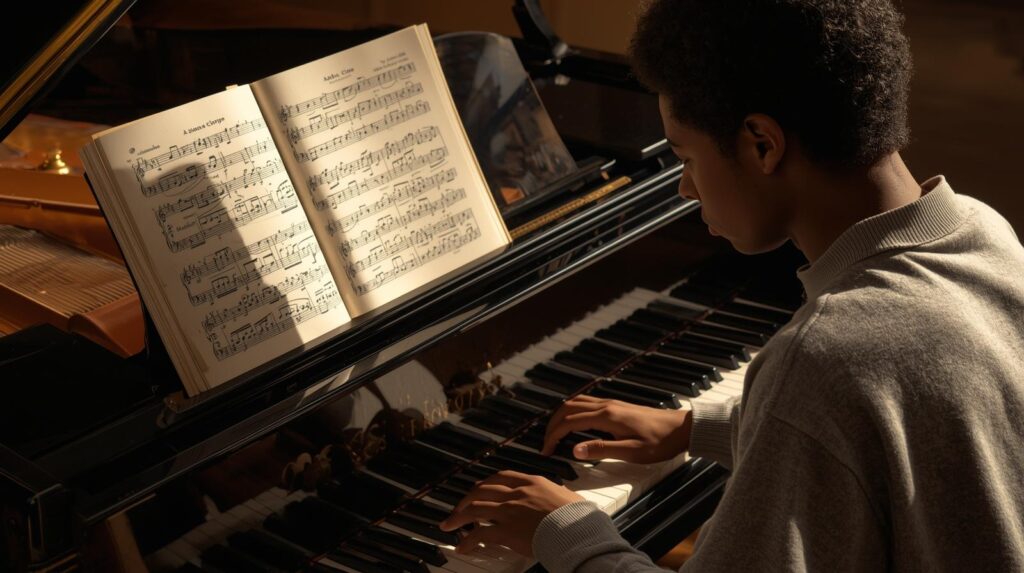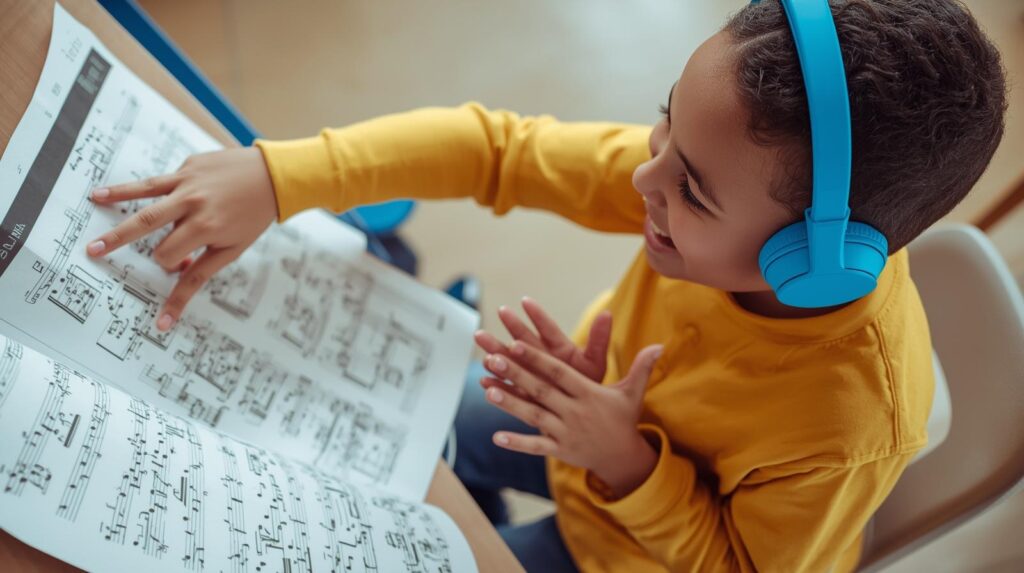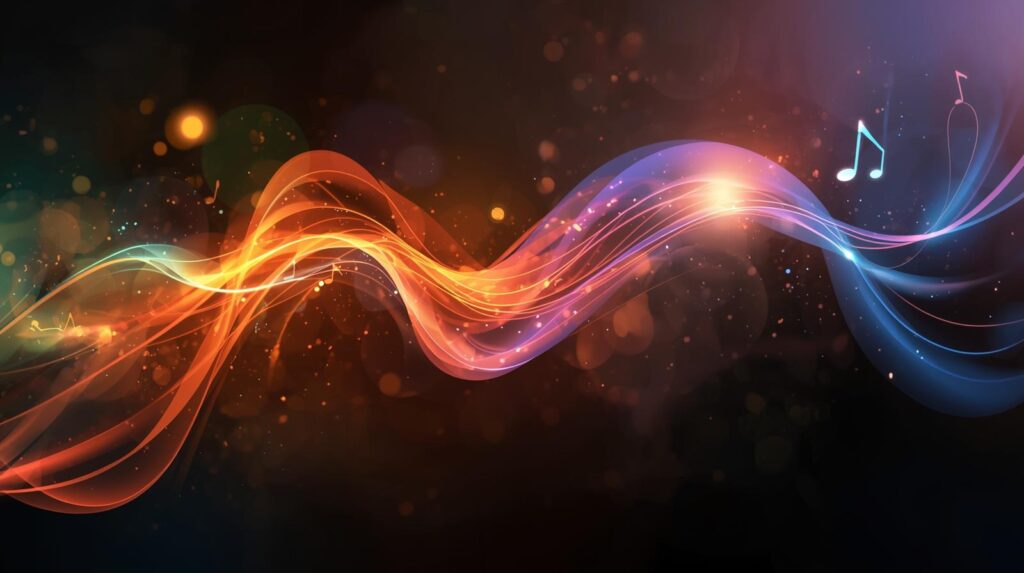
Music & Emotions | Why Certain Songs Give Different Emotions
Music & Emotions | Why Certain Songs Give Different Emotions
Music is often called the language of emotions—and for good reason. A single melody can make you smile, cry, or even feel nostalgic about moments long past. But why does this happen? Why do some songs feel uplifting while others tug at our hearts?
Scientists, musicians, and psychologists agree that music has a direct impact on the brain and emotions. In this article, we’ll dive deep into the fascinating connection between music and emotions, and uncover why certain songs make you feel happy or sad.
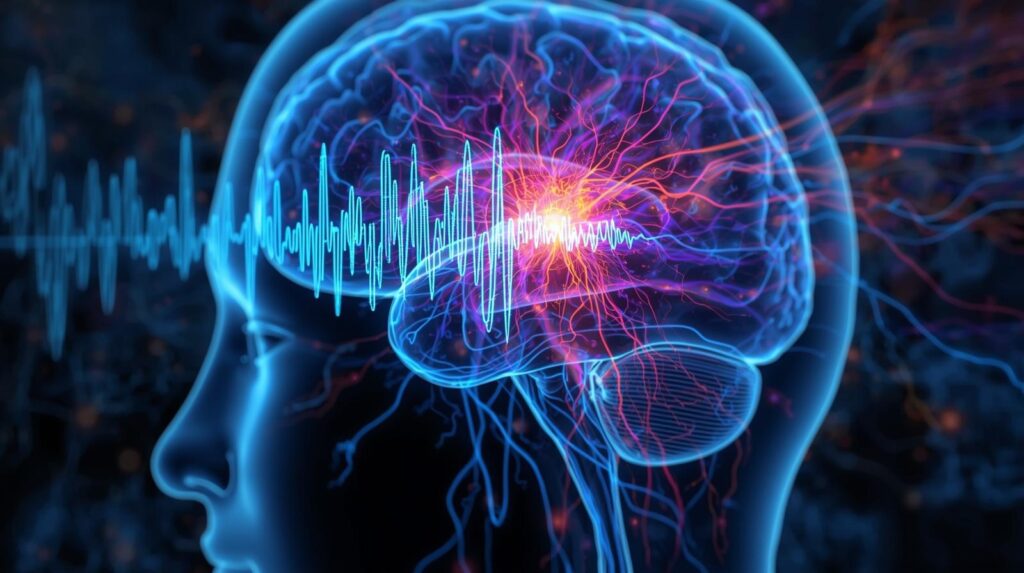
The Science Behind Music & Emotions
Music doesn’t just entertain—it activates complex areas of the brain. When you listen to a song you love, your brain releases dopamine, the same chemical associated with happiness, motivation, and reward. At the same time, the amygdala (the brain’s emotional center) processes the feelings attached to what you’re hearing.
Happy music usually increases energy and triggers positive hormones.
Sad music activates reflective and empathetic responses, often giving comfort.
Nostalgic music triggers memory pathways, connecting sound with past experiences.
This is why music can instantly change your mood—it’s wired into your brain’s chemistry.

Why Do Happy Music Make You Feel Good?
Ever notice how an upbeat track can instantly lift your mood? Happy songs share certain traits:
Fast Tempos: Songs with quicker beats naturally energize the listener.
Major Keys: Music in a major key feels bright and optimistic.
Positive Lyrics: Words about love, joy, and success amplify positive feelings.
Dance Rhythms: Catchy beats make your body want to move, and movement boosts serotonin levels.
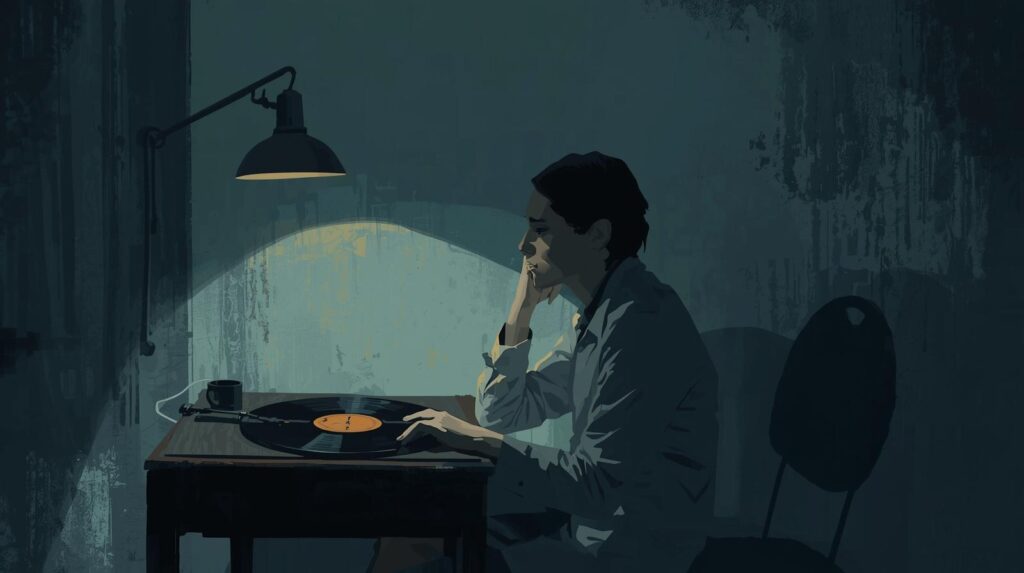
Why Music & Emotions Make Sad Songs So Attractive
On the other side of the spectrum, many people love listening to sad songs—sometimes even when they’re not sad themselves. Why is that?
Catharsis: Sad music allows listeners to release emotions in a safe way.
Empathy: Lyrics about heartbreak, loneliness, or struggles often feel relatable.
Calmness: Slow tempos and softer tones reduce stress and create introspection.
Beauty in Melancholy: Sometimes, the emotional depth of sad music feels artistically satisfying

Personal Memories & Emotional Triggers
Music isn’t just about notes—it’s about associations. Have you ever heard a song from your school days and instantly remembered friends, places, or even smells from that time?
This happens because music directly links to memory centers in the brain. That’s why a love song can transport you back to your first crush or a festive tune can bring back holiday memories.
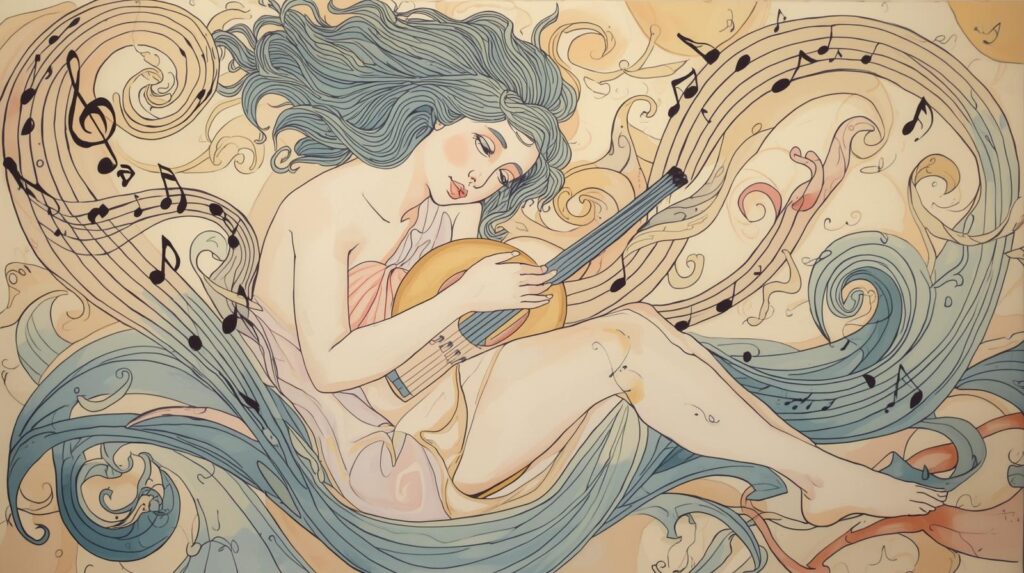
Music & Emotions as a Tool for Healing
Today, researchers and therapists use music intentionally to help with emotional well-being. Music therapy is now recognized as a powerful method for managing stress, depression, and even physical pain.
Relaxation: Soft, instrumental tracks lower anxiety and blood pressure.
Focus and Motivation: Energetic music boosts productivity during study or exercise.
Emotional Support: Listening to relatable songs can make people feel less alone in their struggles.
Music, therefore, isn’t just an art—it’s a form of healing.

How Different Cultures Use Music & Emotions
The emotional power of music is universal, but it also varies across cultures.
Indian classical music uses ragas to evoke specific emotions like devotion, romance, or peace.
Western pop and rock focus on relatable lyrics and catchy rhythms to connect with listeners emotionally.
African drumming traditions use rhythm to create joy, unity, and healing in communities.
This shows how deeply human emotions are tied to music, regardless of geography.
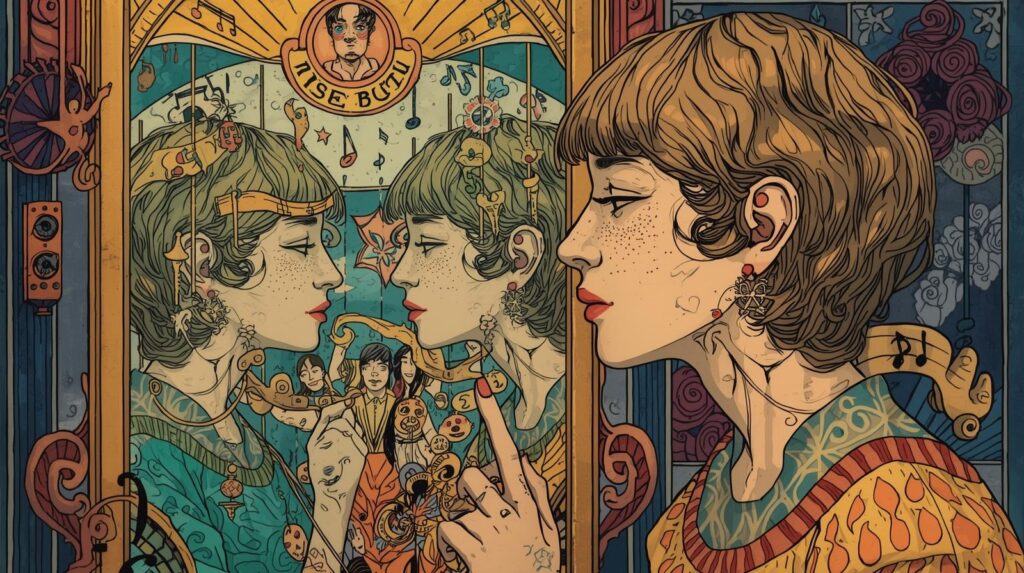
Can Music & Emotions Shape Your Personality Over Time?
Interestingly, long-term exposure to certain types of music may influence personality and behavior. Studies suggest:
People who listen to energetic, upbeat music tend to be more extroverted.
Fans of sad or deep emotional music may be more introspective or empathetic.
Musicians themselves often develop higher levels of discipline, patience, and emotional intelligence.
This shows that music not only reflects emotions but also helps shape them over time.
Music is more than sound—it’s an emotional experience. Some songs make us dance with joy, while others comfort us in times of sadness. Whether it’s through science, memory, or cultural expression, music connects to our emotions in ways words alone cannot.
Next time you play your favorite track, notice how it makes you feel. That emotional response is proof of the incredible power of music.
For more information and exciting resources about learning music, visit our website at The Mystic Keys. For more music content and exciting offers follow us on
Facebook, Instagram, YouTube, LinkedIn, Twitter, Pinterest, Threads,
Related Blogs
In a world where deadlines, screens, and constant notifications dominate our lives, music and its transformative power has a great role to play. While modern therapy and wellness practices like meditation, exercise, and yoga play a crucial role in emotional well-being, one age-old remedy often gets overlooked—music.
Some Songs Make Us Want to Dance Instantly?
some songs hit us that way? Why do certain tracks have the power to pull us out of our seats and get us dancing—even when we weren’t planning to?
Let’s break down the magic.
True Signs You’re Addicted to Music? They’re everywhere. Music isn’t just something you listen to—it’s something you live. If you’ve ever caught yourself air-drumming in public or turning a simple walk into a full-blown concert in your head, you’re not alone.
Whether you’re a casual listener or a hardcore audiophile, some of us cross the line into “musically obsessed” territory. And honestly… we’re proud of it.
Here are 15 funny but painfully accurate signs you’re absolutely, undeniably addicted to music.




